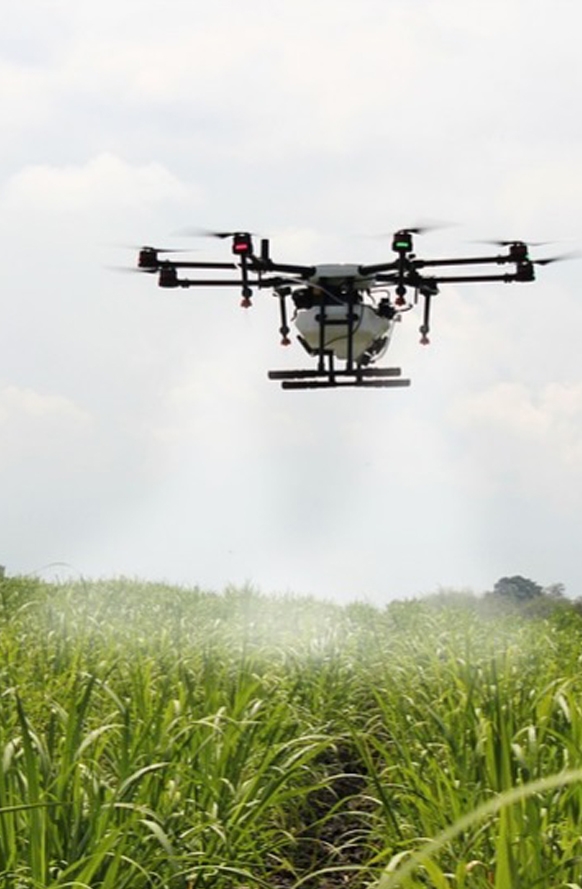Professor Philipp Bleek spoke November 7 about the implications of emerging drone technology for CBRN terrorism

Associate Professor of Nonproliferation and Terrorism Studies, Philipp Bleek, spoke November 7 about the implications of emerging drone technology for chemical, biological, radiological, and nuclear terrorism threats at the CBRNe Convergence conference in Nashville, TN. The conference was attended by local, state, and national-level policymakers and operators, including significant international representation.
In his talk, titled “Robotic Destruction: Drones and CBRN Terrorism Threats and Responses,” Professor Bleek noted that autonomous systems, aerial and otherwise, offer novel platforms for CBRN delivery, defense, and response, and in both direct and supportive roles. For the foreseeable future, these new capabilities are more likely to bolster state responses to CBRN terrorism threats than magnify those threats, but they do have some potential to empower non-state actors, especially with regard to chemical and biological attacks and conventional attacks with effects similar to CBRN. The talk drew on several articles Professor Bleek co-authored with NPTS alum Zak Kallenborn, including in CBRNe World, a magazine focused on the operational aspects of responding to chemical, biological, radiological, nuclear, and explosive threats.
